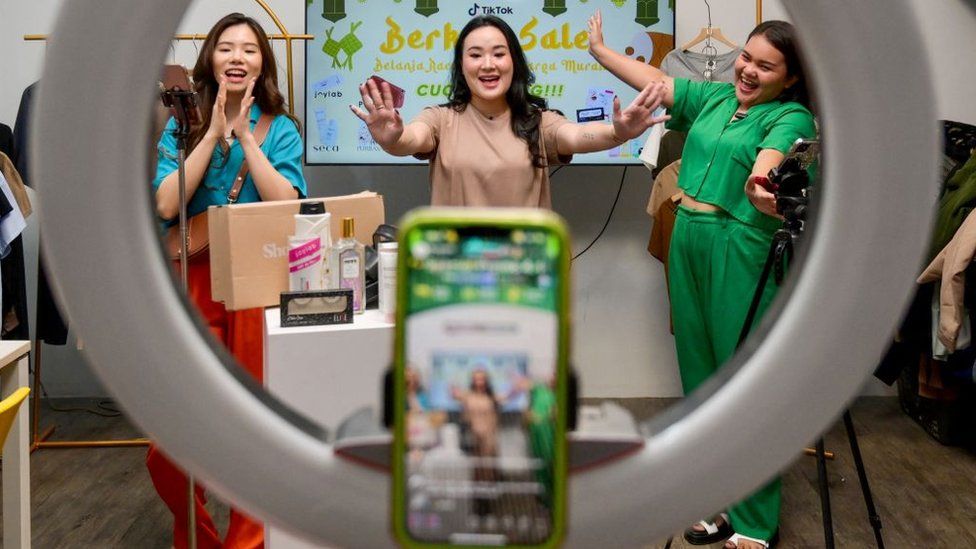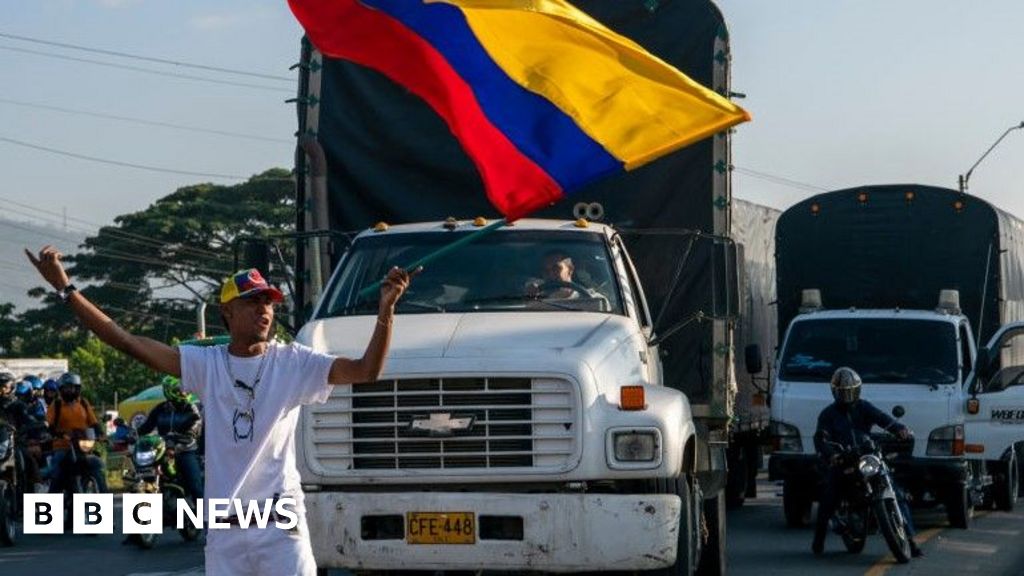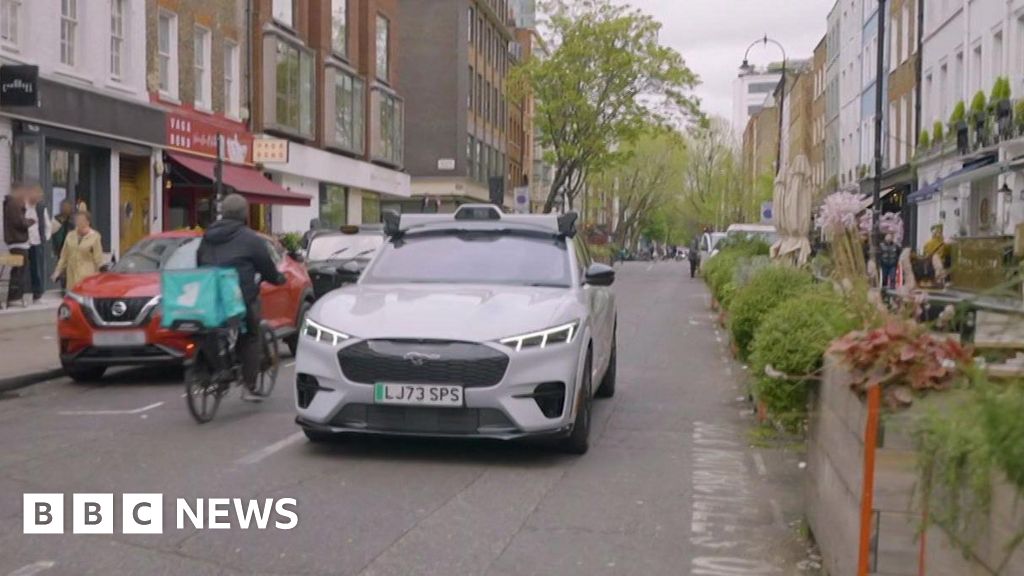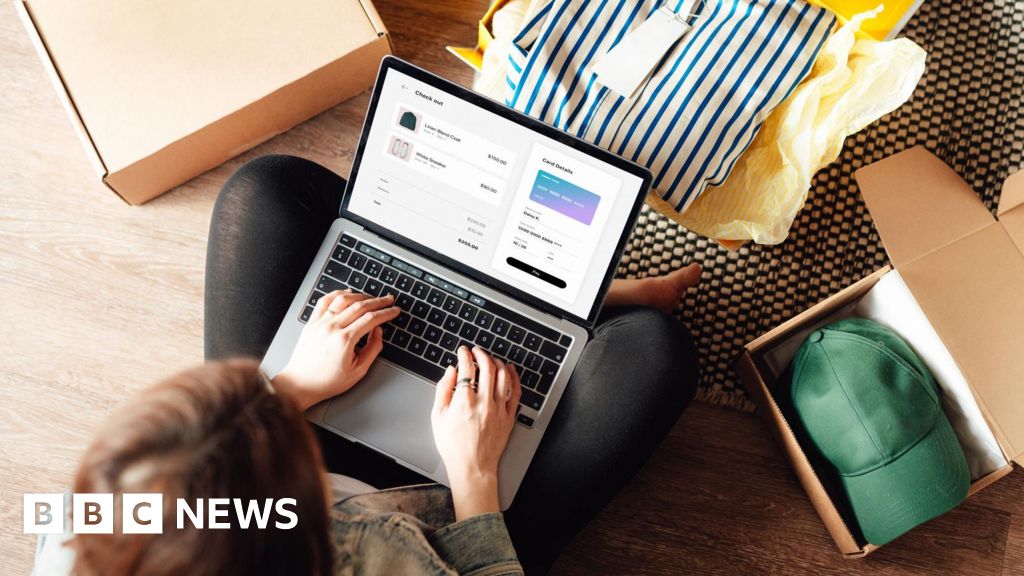ARTICLE AD BOX
 Image source, Getty Images
Image source, Getty Images
Indonesia was TikTok's biggest online retail market before the ban came into force in October
By Peter Hoskins
Business reporter
Social media app TikTok has struck a joint venture deal with Indonesian tech giant GoTo to restart its online shopping business in the country.
The firm, owned by China's Bytedance, plans to invest over $1.5bn (£1.2bn) in the long-term in Indonesia's biggest e-commerce platform Tokopedia.
In October, TikTok Shop shut down in Indonesia to comply with new rules in South East Asia's largest economy.
TikTok has around 125 million users in Indonesia.
Under the deal, TikTok will buy just over 75% of Tokopedia and integrate TikTok Shop's Indonesia business with it.
"The strategic partnership will commence with a pilot period carried out in close consultation with and supervision by the relevant regulators," the two companies said in a joint statement.
GoTo and TikTok also said they will promote Indonesian goods on their platforms and help the country's small and medium-sized businesses develop their production and sales strategies.
The deal comes after the Indonesian government banned online shopping on social media platforms to protect smaller merchants and users' data.
Many of Indonesia's population of more than 270 million people are active social media users, and they made up TikTok's biggest online retail market before the ban came into force in October.
The announcement of the ban came after Indonesia's President Joko Widodo said in September: "We need to be careful with e-commerce. It can be very good if there are regulations but can turn bad if there aren't any regulations."
Online retailing in Indonesia has soared in recent years. The value of e-commerce sales will have increased more than six-fold between 2018 and next year to hit 689 trillion Indonesian rupiah ($44bn; £35bn), according to the country's central bank.
TikTok Shop had been growing its market share since its launch two years ago into Indonesia's online shopping market, which is dominated by platforms such as Tokopedia, Shopee and Lazada.
The regulations in Indonesia were another setback for TikTok, which has come under scrutiny in the US, European Union and the UK, where Parliament has banned the app from its network over security concerns.

 1 year ago
25
1 year ago
25








 English (US) ·
English (US) ·